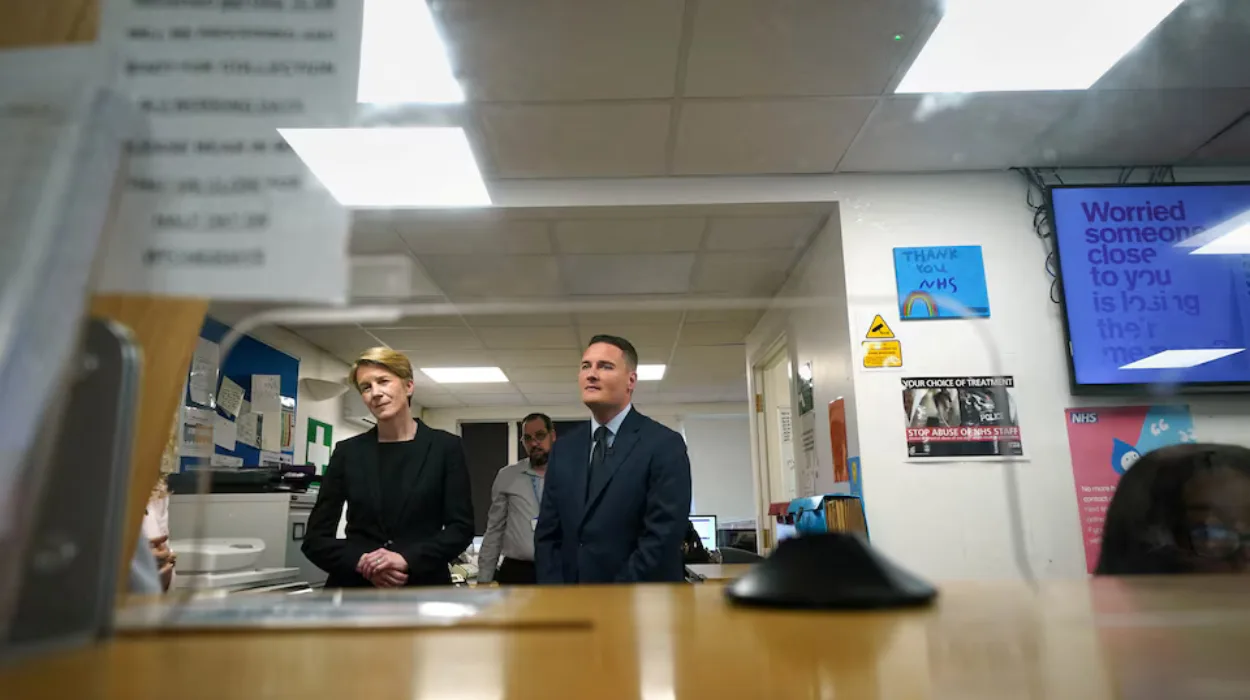London (Parliament Politics Magazine) – The UK government outlined ambitious NHS reforms on Wednesday, aimed at enhancing value for money and productivity to make the most of 23 billion ($29 billion) in new funding to help reduce patient waiting lists.
As part of an October 30 budget with notable tax, spending, and browsing increases, the British government introduced a substantial funding boost for the National Health Service (NHS) to support public services including health, education and transport.
To reassure markets that the spending spike was a one-time measure, the government agreed to implement reforms aimed at making public services more efficient and smooth.
Wes Streeting, UK’s Health minister, on Wednesday after describing the NHS as “broken” in a previous statement introduced a new set of measures aimed at transforming the health service in England.
He stated, “We are announcing the reforms to make sure every penny of extra investment is well spent and cuts waiting times for patients,” he said in a statement, ahead of a speech he is due to give at a health conference in Liverpool”.
As part of the reforms, ineffective managers will be replaced, and turnaround teams will be deployed to hospitals that are facing financial issues and failing to meet service standards.
Streeting insisted his target was to reduce waiting times from 18 weeks to 18 months. Business analysts have pointed to the shrinking workforce as a major factor of treatment delays that prevent people from returning to work.
The government also plans to inaugurate league tables for NHS providers offering top performers the opportunity to reinvest surplus funds into improving infrastructure, technology, equipment, and encouraging better budget management.
The statement also revealed that a conclusion will consider banning National Health Service (NHS) staff from resigning and rejoining hospitals through recruitment agencies for a higher fee.
NHS England highlighted several factors for its drop in productivity, citing strikes, a high temporary staffing budget, and shifting patient needs earlier this year.


